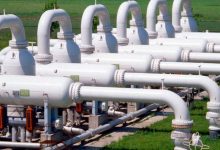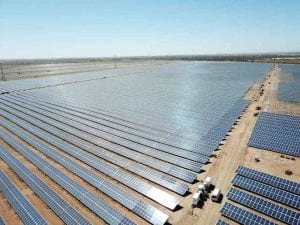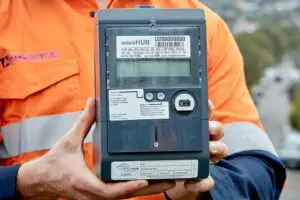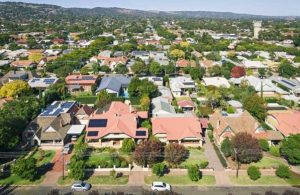The Australian Energy Market Commission has taken a critical first step towards developing a national hydrogen industry with the publication of draft recommendations for updates to the national gas and energy retail regulatory framework to include hydrogen and renewable gases.
Given the massive uptick in renewable hydrogen projects proposed around Australia, the federal government last year tasked the AEMC and the Australian Energy Market Operator and state government officials to review the national gas regulatory framework in preparation for bringing bio-methane and other renewable gas blends within its scope.
The AEMC has now published its draft report, setting out 25 recommendations on what changes it considers will be necessary for Australia’s national gas sector to adopt hydrogen and other renewable gases while maintaining the long-term interests of customers.
AEMC’s draft recommendations are an important initial step in the development of the necessary regulatory framework to support the goals of the private and public sector, and to allow for the introduction of low-level hydrogen blended gases and renewable gases into the existing gas distribution system.
“Hydrogen is one of a handful of new, low carbon, zero-emissions fuels that can be used for heating and cooking in homes,” said AEMC Chair Anna Collyer. “Fuel cells can also power trucks, trains and cars.
“In the future, the hydrogen sector may grow to include power generation and some industrial processes. Electrolysers that create hydrogen may also provide beneficial services to the electricity market such as contributing to demand response and essential system services.
“These reforms are considered a priority under the Australian government’s National Hydrogen Strategy, and we need to make sure they’re delivered in an efficient, safe, and secure way that’s also in the best interests of consumers.”
The recommendations include extending the economic regulatory framework, as well as allowing new services and commodities to be priced or traded within the retail gas markets, streamlining the arrangements for the short-term trading market.
Other recommendations included streamlining the market transparency mechanisms of the various gas reports, informing consumers about the large-scale transition to natural gas equivalents, and retaining the new regulatory sandbox rules in their current form.
In addition to these, the AEMC has recommended changes be made to the exemption framework for minimum ring-fencing requirements, the regulator’s power to impose additional ring-fencing requirements, and the associate contract approvals process.
The AEMC’s review of the national gas regulatory framework was completed alongside consultation on a rule change request to include distribution connected facilities in the Victorian Declared Wholesale Gas Market (DWGM).
The rule change request, made by Lily D’Ambrosio, the Victorian minister for energy, environment and climate change, would modify the Victorian DWGM, which currently only recognises transmission-connected facilities and does not allow market participation from entities connected to distribution pipelines.
The AEMC subsequently published a draft rule to open up the Victorian DWGM to include distribution connected facilities that can supply natural gas, low-level hydrogen blended gas, biomethane, and other renewable gases.
“These reforms will enable the proposed pilot projects to participate in the Victorian gas market, providing the foundation for innovation that will allow this industry to develop further,” said Collyer.
“These draft rules along with the changes proposed through the national hydrogen strategy, complement the various decarbonisation initiatives from the Victorian Government and work to enable the development of the national hydrogen industry.”
As with any regulatory rule changes, the next step will be a public forum to be held on Friday April 1, an invitation for submissions, and a final report to be published in September 8, with a set of rules provided to energy ministers for approval by November 14.










